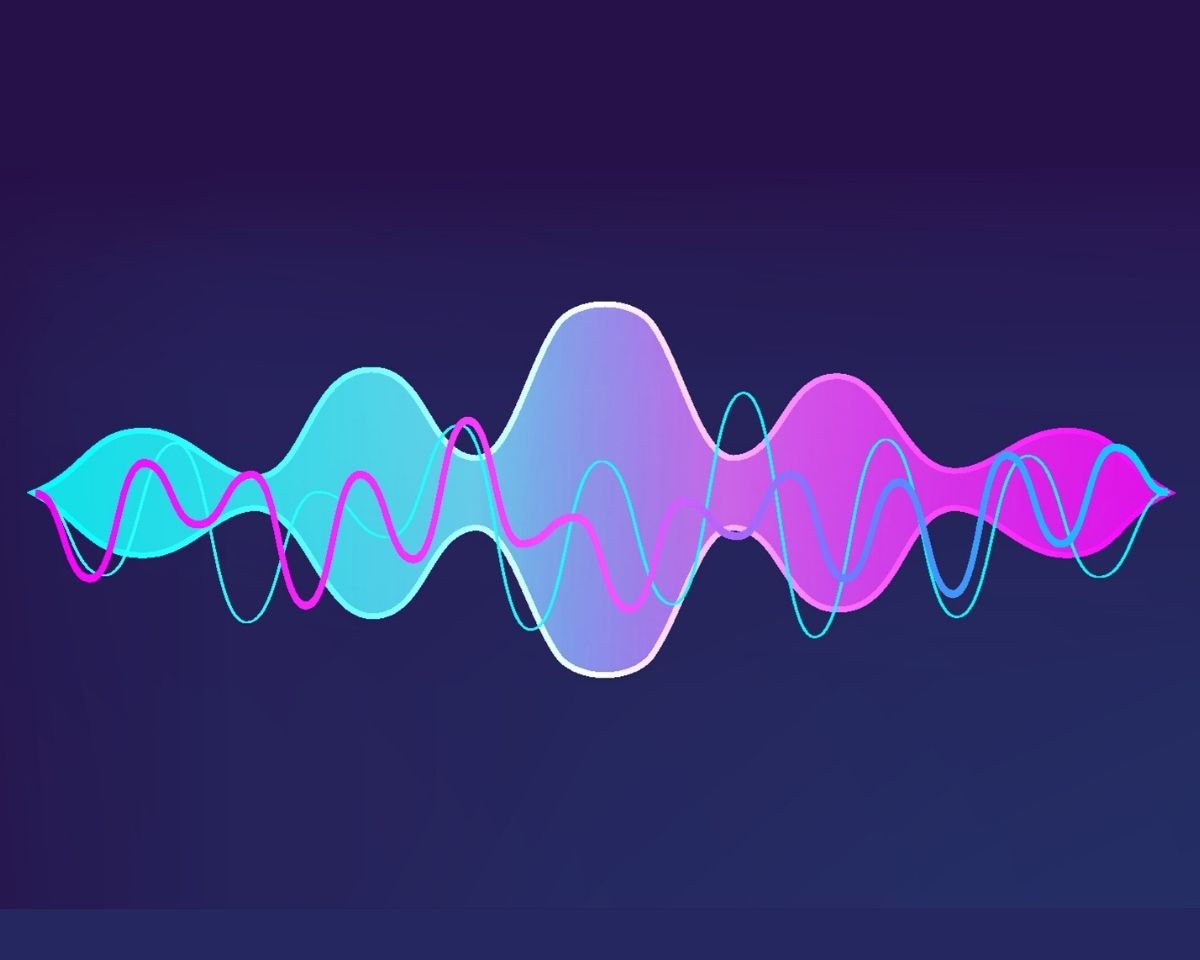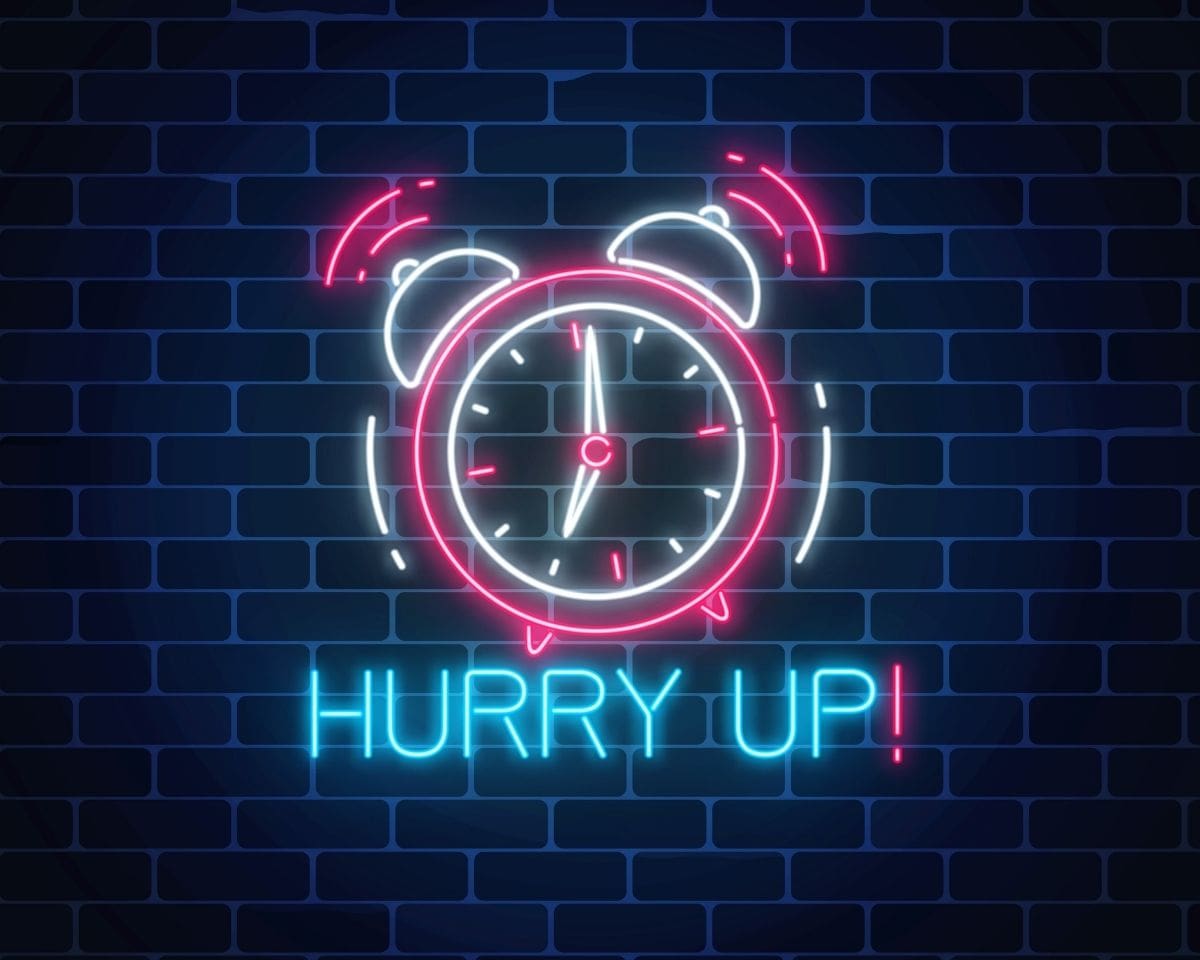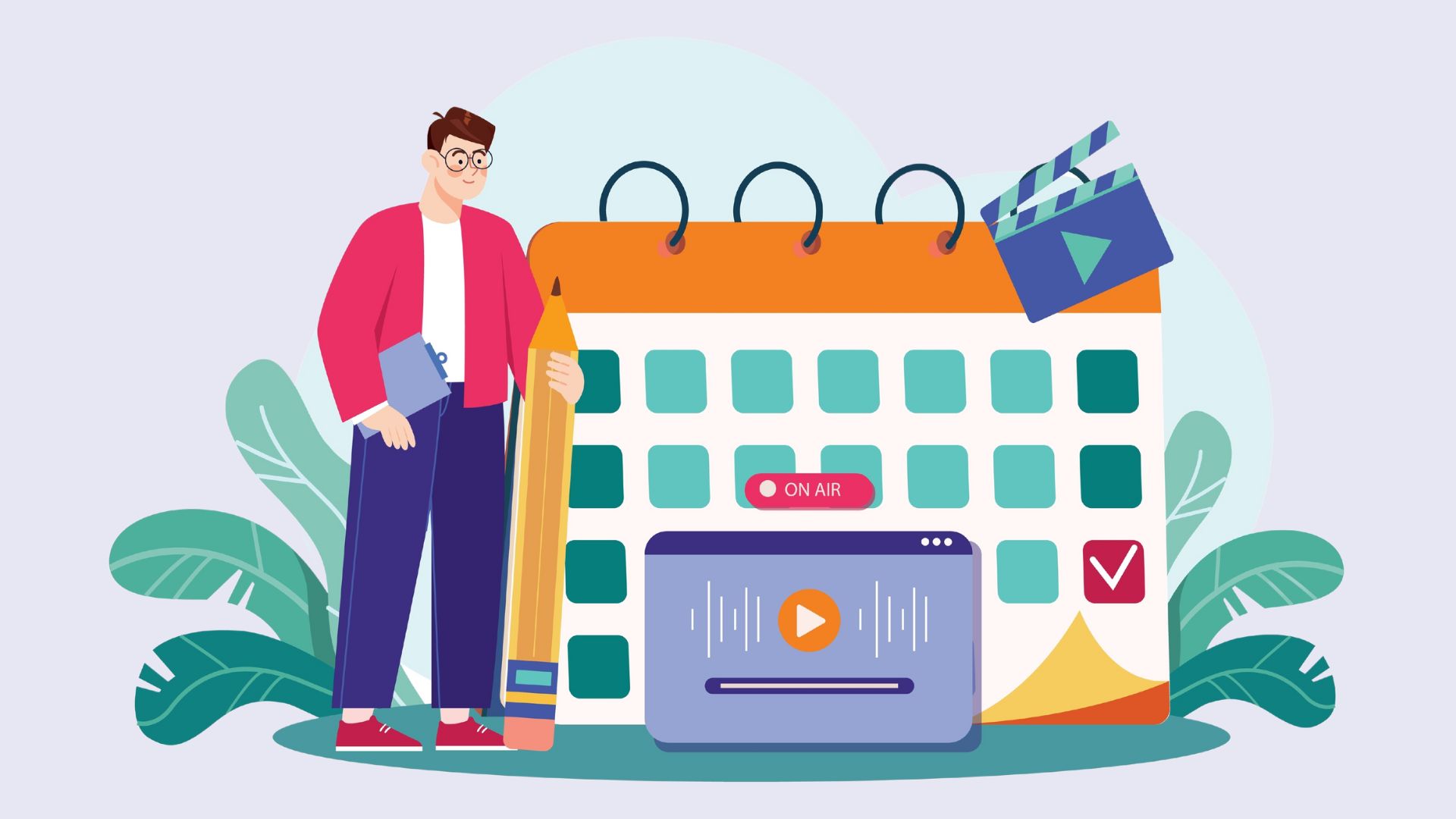The audio icing on your podcast cake
Having a professional podcast intro and outro can mean the difference between sounding like you’ve thrown something together and sounding like a professional show.
If you’re going to create a pre-produced introduction with a voice-over introducing you you’ll probably need to get someone to create this for you (unless you’ve got sweet audio skills).
So how do you make sure you end up with the right podcast intro and outro for your show?
[button text=”Apple” url=”https://itunes.apple.com/au/podcast/podschool-learn-how-to-create-professional-podcast/id1239671724?mt=2″ class=””] [button text=”Google” url=”https://www.google.com/podcasts?feed=aHR0cHM6Ly9yc3Mud2hvb3Noa2FhLmNvbS9yc3MvcG9kY2FzdC9pZC8xMzAz” class=””] [button text=”Spotify” url=”https://open.spotify.com/show/1Q2L51iY2sIL8BEkAKyxZj” class=””]
Have a detailed idea of what you want
There’s nothing worse, as an audio producer (that’s the person who you’ll get to put your podcast intro together) than having a client come to you with a brief that says “make me something.”
Why? Because they’ll have no idea where to start and the chances your creative vision matches theirs is almost zero. Unless, of course, you’ve worked with them before and they know what you like.
When you’re hiring a professional you have to give them as much detail and direction as possible.
This will not only make it a lot easier for them to do their job but it’ll save you time and money because you won’t have to go back and forth making changes.
If you’re not sure how to explain what you want in words, send them audio examples of other intros you like so they can get a sense of your preferred style.
It’s also a good idea to give them a really clear idea of what the show is about but also what you want people to feel when they hear your intro.
Choose your music
Finding the right music takes A LOT of time, so this part of the process is something you’ll want to do yourself if possible.
Giving an audio producer a track you like will make things much easier and cheaper because you won’t have to pay them to do the searching (which can take wayyyyyyyyyyyy longer than you think).
It’ll also help them further understand the tone and vibe of your show because the type of music you choose will say a lot about how you hear the style of your content.
Here are some music websites to get you started…
Come up with a tagline
It’s a great idea to introduce your podcast using a tagline that sums up what the show is about.
This brings new listeners up to speed quickly without having to annoy regular listeners by resetting your concept every week.
At the end of your show, it’s also a good idea to have an outro that wraps things up. This can be a great place to include your website or social pages so you don’t have to waste time covering that inside the content of your show.
The other thing to think about is that the intro and the outro should always match.
You want these pieces of audio production to sound like bookends that wrap up your show in a way that makes audio sense, which means you want to use the same piece of music for both pieces of audio.
To hear what I’m talking about check out the intro and outro for my podcast, You’ve Gotta Start Somewhere (NB: the outro is at [01:13:45] because I have a postscript on each episode)…
[button text=”Apple” url=”https://playpodca.st/ygss” class=””] [button text=”Google” url=”https://www.google.com/podcasts?feed=aHR0cHM6Ly9yc3Mud2hvb3Noa2FhLmNvbS9yc3MvcG9kY2FzdC9pZC8xNTMx” class=””] [button text=”Spotify” url=”https://open.spotify.com/show/6Nyu9q9trobMU5zui91TIz” class=””]
Why is an intro and outro important?
Think about these two pieces of production as your audio version of McDonald’s golden arches or Apple’s partially ingested apple.
When people see those logos they immediately think something about the brand they’re associated with.
Similarly, when people hear your intro you want them to feel something. And you want it to set the tone for your content.
If you’re creating a positive show, the music needs to reflect that, as does the voiceover.
Your intro and outro is also something your audience will become attached to, so you want to put a fair amount of creative thought into it to get it right.
What if you just want to use music without a voice-over?
No problems!
As long as you’ve got a piece of music that sets the tone for your show you can just fade it down and welcome your audience ‘live’ without getting a voice-over to introduce you.
Keeping it simple is absolutely fine but you need music at the very least to make sure your show sounds polished.
Got a burning podcasting question you’d like answered? Send me an email.
Want to start your own podcast but need a little help? Download my “How To Start A Podcast” guide or sign up for my online podcasting course, PodSchool.
Hello and welcome to the show. Now, today I'm going to be talking about intros and outro on your episode, which are really the icing on your podcast cake. It is the little bow that you tie around your episodes so that they sound nice and professional, and these can be really complex and involved and have a lot of sound effects and a voice over. They can be produced by someone that is not you (unless you've got really sweet audio skills, which you might have) or they can just be a piece of music. But you definitely don't want to start or end your episodes “cold” and by cold, I mean, with no production or music under them. It makes it sound unfinished. And when you're trying to compete with some very snazzy shows out there, you want to make sure that your show sounds as finished as possible.
So when you are thinking about what to do for your intro or outro, you can do something really complex or something super simple. The very base of what you're doing is your piece of music. So you want to make sure that you are choosing a theme that is going to work really well for your show, that sets the tone for your show, and that really gives listeners an idea of what the content is about. Now that's a lot to ask from a piece of music, and that is why it does not take five minutes to find the right piece of music for your show. There are plenty of music websites that you can go to, and I'll list a few in the show notes where you can find production music that you can own the licence to and put onto your podcast.
You definitely don't want to be downloading your favourite Beyonce track because Beyonce's lawyers will be knocking at your door, not guaranteed, but you just don't want to risk it. So you need to take the time to go through those websites and find the right piece of music for your intro and outro. You want the same piece of music on both the introduction and the outro, and that basically becomes the audio branding for your show. So that's really the first step of the process - trawling through websites and finding the right piece of music for your podcast and it might take you a lot longer than you initially planned, but it really is worth the effort. I have lost days of my life in music websites. It really is a harder search than you would anticipate. And I know that sometimes when you're going through things, you can be tempted to just look at the most popular section and choose something out of that. But let me warn you if you do that, you are likely to hear that piece of music on a lot of other things, like ads on television or maybe another podcast. So sometimes it can be worth taking the time to dive a little bit deeper into those sites.
If you are going to be using just a piece of music on your intro and outro, then that is absolutely fine and it is as simple as starting your show off with that piece of music, fading it down and doing your introduction in your own words. And then, when you get to the end, playing a piece of that outro music to finish up the show.
Ideally, you want to have a listen to the full track and get the right pieces of that track for your intro and outro. Some pieces of music will have different sections, and a section might work better for your outro than it does for your intro. So you might want to have the beginning of the track at the intro and then maybe another section at the end that sounds like it's a little bit more complete, so it wraps up your episode. But that is a creative decision you'll need to make, depending on what track you choose.
If you're going to go with a more produced version, you are likely going to have to hire someone to do that. And I just wanted to give you a few tips around what to do if you are going to outsource that. The first thing, of course, is to choose your music. Basically, when you are hiring someone to do anything creative for you, the more detailed you can be in your description of what you want, the easier it will be and the cheaper it will be because the more time it takes to get it right, the more that is going to cost you. So make sure you spend the time finding the piece of music you want to form the base of your intro and outro so that somebody doesn't need to trawl websites looking for you.
The chances of you having the same creative vision as somebody that you hire are very, very, very small. Unless you've worked with them before and they know you very well. So you want to make sure that you can put all the pieces together, and then they just have to construct it. So take the time to find the piece of music and that will also help somebody that you're hiring understand what the tone of your show is and what the vibe is and what you want people to feel when they're listening.
You also give them a really detailed idea of what you want in the intro and outro and that includes everything from the words to the sound effects. Or if you want them to kind of play around with creating something, then you could just say “This is the vibe of the show and I was thinking that it could open, and then there'd be like a scene of a school playground or something.” Who knows? You could be as creative as you want. Maybe you just want to keep it super simple. But if you do want the audio producer to set a scene, make sure you spell that out. So they're very clear about what they need to create. And then they can come back to you with an idea on that.
Never, ever say to somebody “Just make me something” because that kind of creative licence is going to end up with you getting something back that is nowhere near what you want. And it's also a really frustrating instruction to be given. Professionals like parameters. They like to know this is exactly what I want. Can you make me something in this box? And then they can come back to you with something that is likely to be a lot closer to what you want. Also, it's a good idea to send them some examples of other intros and outros you like the sound of so that they can get a sense of the style that you like and what you want from the end product. It's also a good idea to come up with a tagline for the show that you can put into that produced intro. I've got it on this episode, you would have noticed when you came in the door. Basically, that's just a way to sum up the show in a very short sentence that lets you set the scene for new listeners so they know what the show is about. But then you can also set it up in a way that doesn't annoy existing listeners who've heard it a million times.
You can also include things in the outro like pointing people to your website or your email list or something. Think about what you want them to do at the end of the episode, and then, rather than you having to do that in words at the end of every episode, you can just let your production do the work for you. You don't want those things to be five minutes long. You want them to be really quick, but they can be a great place to house some business that you don't have to bother talking about in the actual episode. Ideally, you want that intro and outro to feel like the book ends on your show. That's why you want the same piece of music for both. You want them to match so that they feel like they are wrapping a bow around your entire episode. If you do that, it is a simple way, even if you're just using music and not a produced intro and outro, to make your show sounds so much more professional. That stuff also becomes the audio branding for your podcast. So that becomes the thing that sets the tone for your show that listeners become really familiar with, and they do get attached to it. Let me tell you.
So ideally, you want to put the time in at the beginning so you don't have to change it later.
Hopefully that's helped you think a little bit more about how to start and end your episodes. And remember, you don't need to hire somebody.
You can just do it simply with a piece of music, if that is more the style of your show, or if you just can't be bothered hiring someone to do it, because that is totally fine, too. If you want to check out some of the links to the music websites that you can go a searching on, you can head to the show notes page at PodSchoolPodcast.com, and I will see you next week. Until then, happy podcasting.











